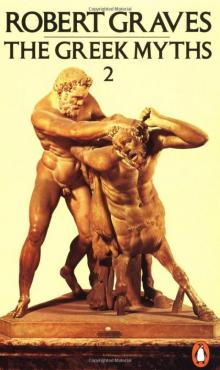 The Greek Myths, Volume2
The Greek Myths, Volume2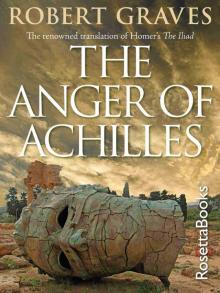 The Anger of Achilles: Homer's Iliad
The Anger of Achilles: Homer's Iliad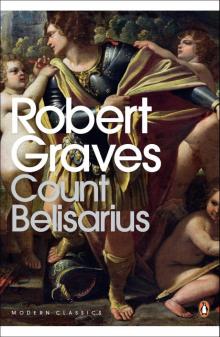 Count Belisarius
Count Belisarius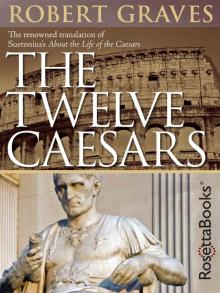 The Twelve Caesars
The Twelve Caesars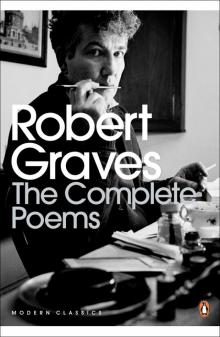 Complete Poems 3 (Robert Graves Programme)
Complete Poems 3 (Robert Graves Programme)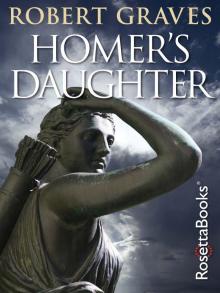 Homer's Daughter
Homer's Daughter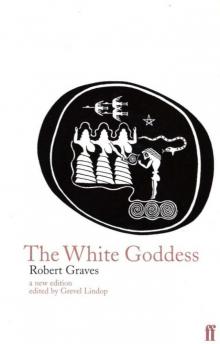 The White Goddess
The White Goddess Goodbye to All That
Goodbye to All That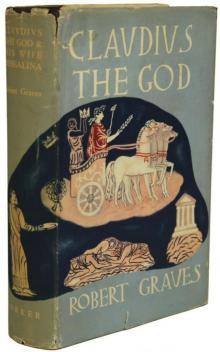 Claudius the God and His Wife Messalina
Claudius the God and His Wife Messalina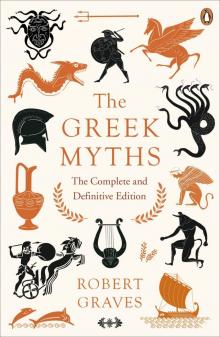 The Greek Myths
The Greek Myths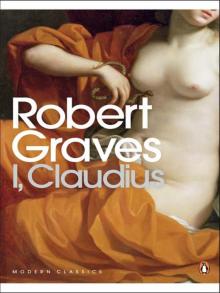 I, Claudius
I, Claudius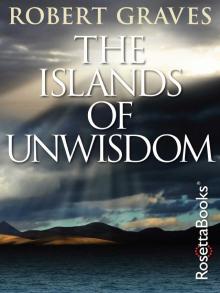 The Islands of Unwisdom
The Islands of Unwisdom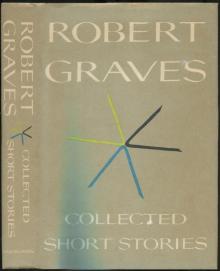 Complete Short Stories
Complete Short Stories The Golden Fleece
The Golden Fleece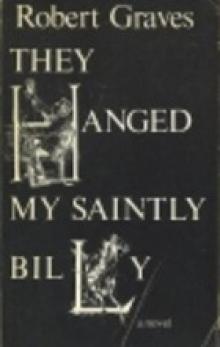 They Hanged My Saintly Billy
They Hanged My Saintly Billy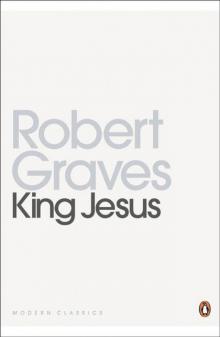 King Jesus
King Jesus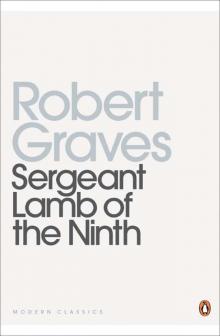 Sergeant Lamb's America
Sergeant Lamb's America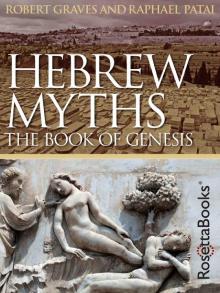 Hebrew Myths: The Book of Genesis
Hebrew Myths: The Book of Genesis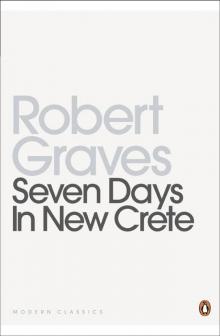 Seven Days in New Crete
Seven Days in New Crete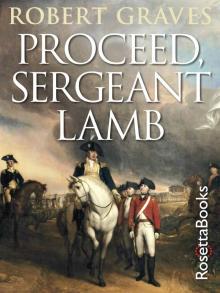 Proceed, Sergeant Lamb
Proceed, Sergeant Lamb Claudius the God
Claudius the God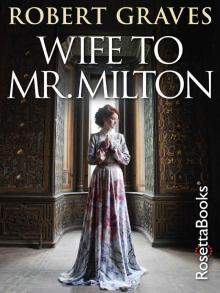 Wife to Mr. Milton
Wife to Mr. Milton The Complete Poems
The Complete Poems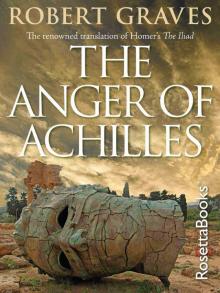 The Anger of Achilles
The Anger of Achilles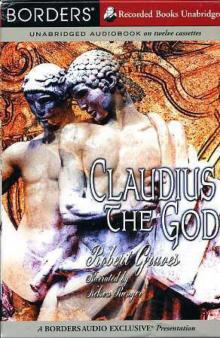 Claudius the God c-2
Claudius the God c-2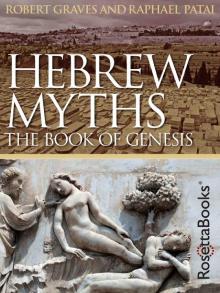 Hebrew Myths
Hebrew Myths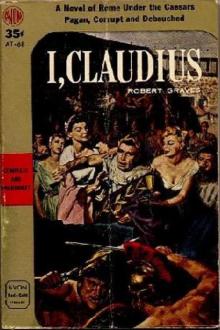 I, Claudius c-1
I, Claudius c-1 The Greek Myths, Volume 1
The Greek Myths, Volume 1